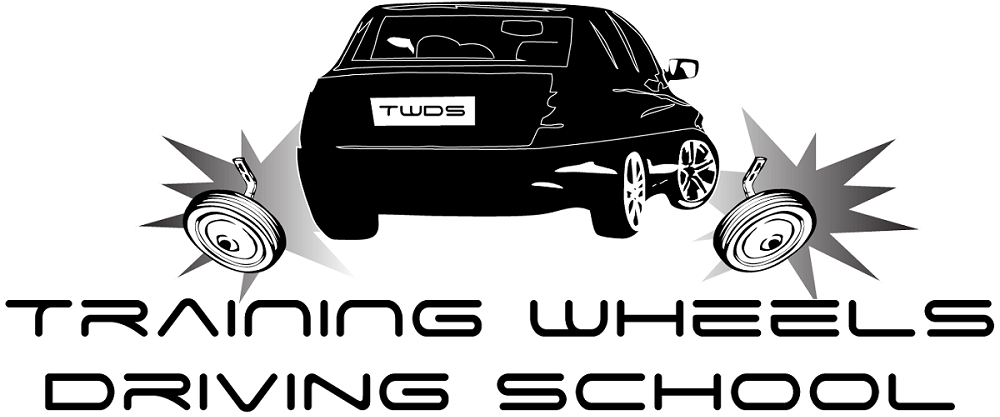The tires on our vehicles are what we use to keep rolling—gripping and handling the road’s surface as we maneuver our vehicles through our daily lives. With that, it goes without saying that functional tires are essential for safe driving, and they require regular maintenance and care in order for drivers to prevent damage or even avoid causing accidents. To get an idea of what this entails, check out our quick guide below for keeping up tires and preventing damage.
Remain Alert
Regardless of how long you’ve been driving—decades or days—you cannot always predict what will be on the road just ahead. Even for great drivers, there will always be outside influences, including harsh climates, badly kept roads, and unsafe drivers, and this could result in severe tire damage. With that, it’s crucial that drivers remain alert wherever they happen to be traveling.
Avoid Curbs, Debris, and Potholes
Tires, even when brand new, are not infallible, with many hazards, such as potholes and driveway dips, on the road that could cause damage. For those who live in four-season states, the roads may develop potholes as the temperatures warm back up at winter’s end. If you hit potholes hard enough, the tires could lose alignment, become punctured, or possibly become irreparable.
However, it’s also crucial to avoid swerving suddenly in order to avoid hitting potholes. While it may not seem like it, this is very dangerous and could lead to you running into someone else. The safest option would be first checking to see whether you are able to change lanes safely before striking a pothole up ahead. If not, see if you can steadily slow down to minimize the impact if you must drive into a pothole.
Avoid Overloading the Vehicle
Overloading vehicles can seriously damage tires or even cause blowouts. If you are concerned about this, check your car owner’s manual for the vehicle’s gross vehicular weight rating.
Make Sure Tires are Inflated
Keeping tires inflated to the proper level is absolutely essential for tire care and cannot be stressed enough. When properly inflated, tires can wear down evenly, which leads to the best possible performance. This also prolongs their lifespan and can improve the vehicle’s fuel economy. You’ll also get better traction, dependable handling, and a far more comfortable driving experience. Also, take note of shifting weather patterns, because every drop or rise in 10-degree temperatures leads to a drop or rise in PSI. To get the right tire pressure for your tires, look for the placard within your front vehicle door or check your car owner’s manual.
Think you or someone you know is in need of Behind the Wheel Training? Training Wheels is an Atlantic City driving school specializing in teaching new teen drivers how to stay safe on the road. For more information on our lessons, please click here.
Copyright: megaflopp / 123RF Stock Photo

